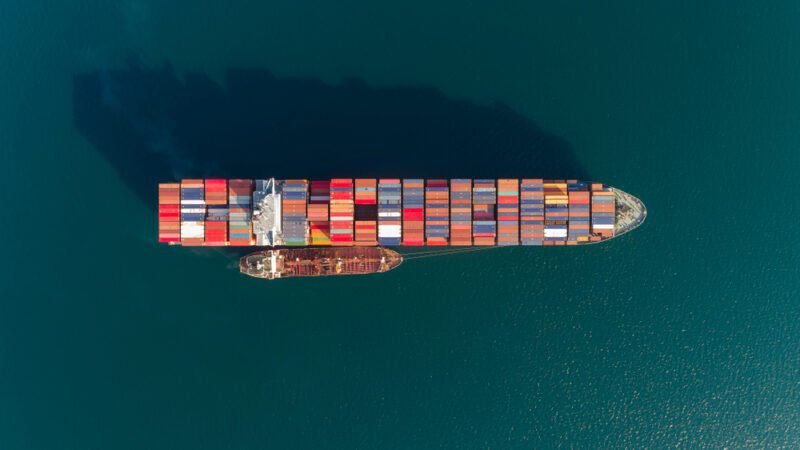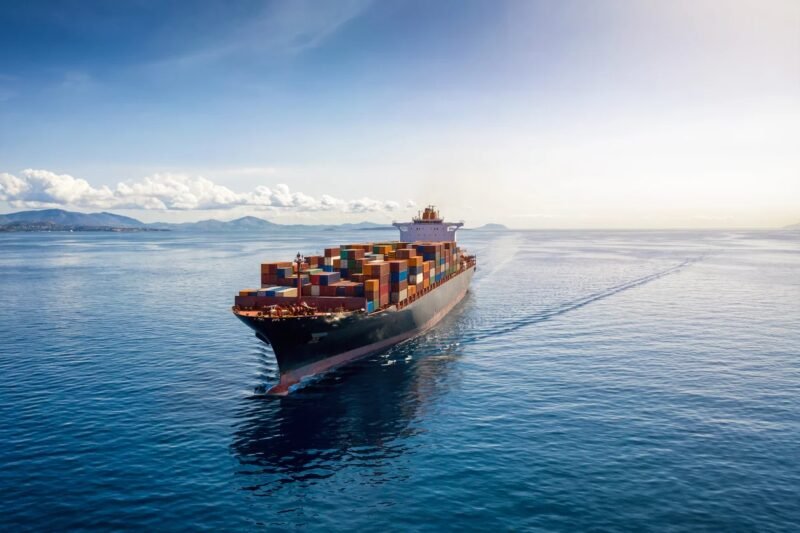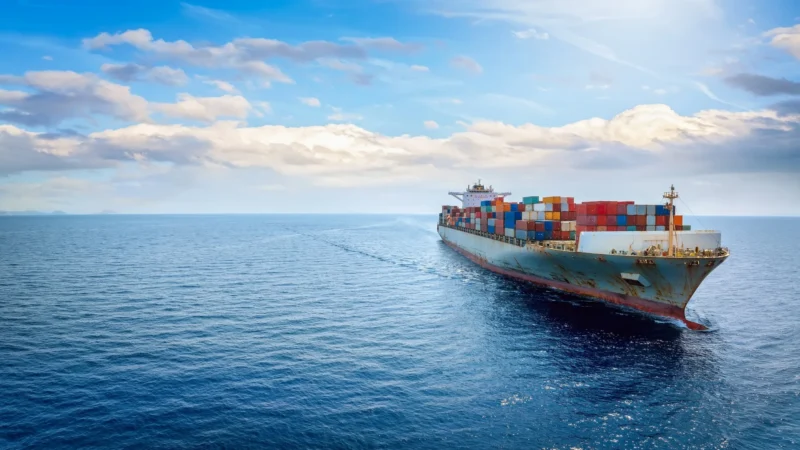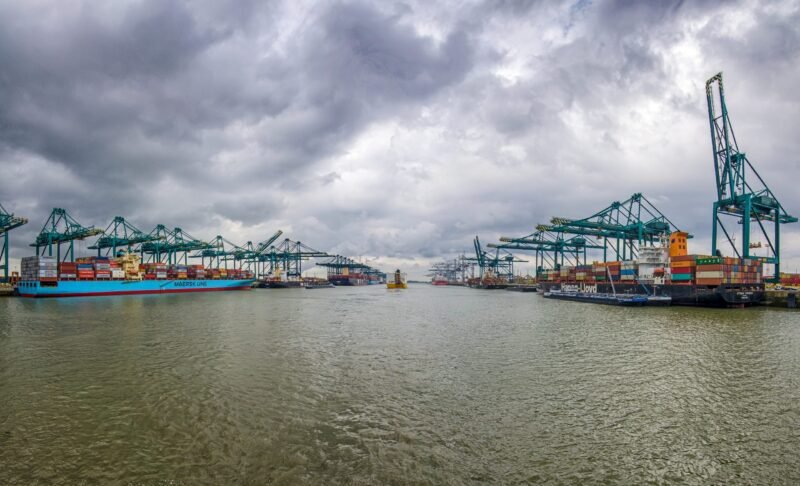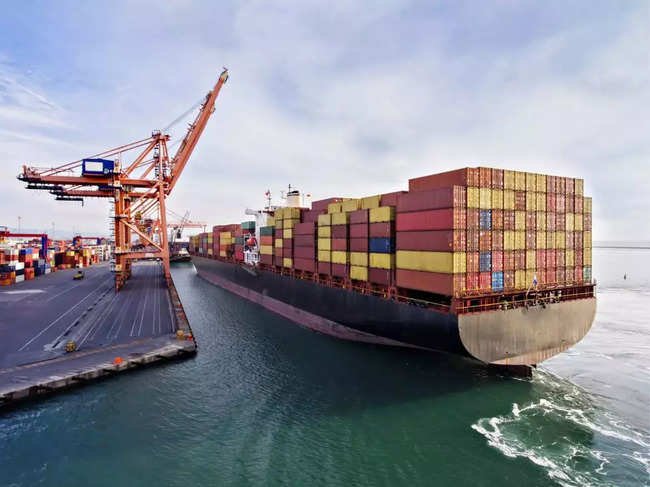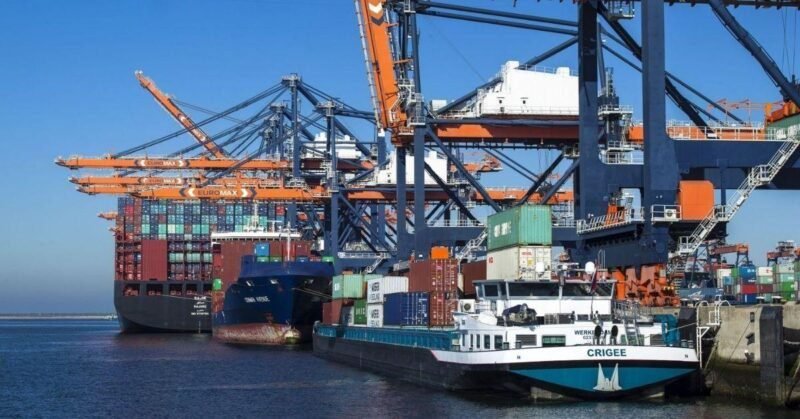EMSA has released the first part of a study on the safety of bunkering with biofuels, focusing on the safety aspects of pre-selected biofuels such as flashpoint, toxicity, and cold-flow properties. The study aims to identify potential safety concerns during bunkering operations and to evaluate the risks associated with the use of biofuels in shipping. The biofuels identified as the most promising for maritime operations include bio-methanol, bio-FT-diesel, bio-DME, HVO, and FAME, as well as relevant blends.
The report highlights specific safety considerations for each biofuel. For example, bio-methanol has a lower flashpoint and is corrosive to certain materials, while bio-FT-diesel and HVO share similarities with conventional marine distillates concerning hazardous properties relevant for bunkering. Bio-DME is a flammable gas under normal conditions, and FAME is more contamination-sensitive than conventional marine diesel.
The study also emphasizes the need for specific design approaches and a risk-based approach for safe bunkering of biofuels, as well as the importance of considering regulations concerning the blending of these fuels. The report suggests that a strict approval process for biofuels may hinder their adoption, while a risk assessment approach can ensure safe bunkering while promoting adoption. Overall, the study provides valuable insights into the safety aspects of bunkering with biofuels and offers recommendations for their safe use in maritime operations.


